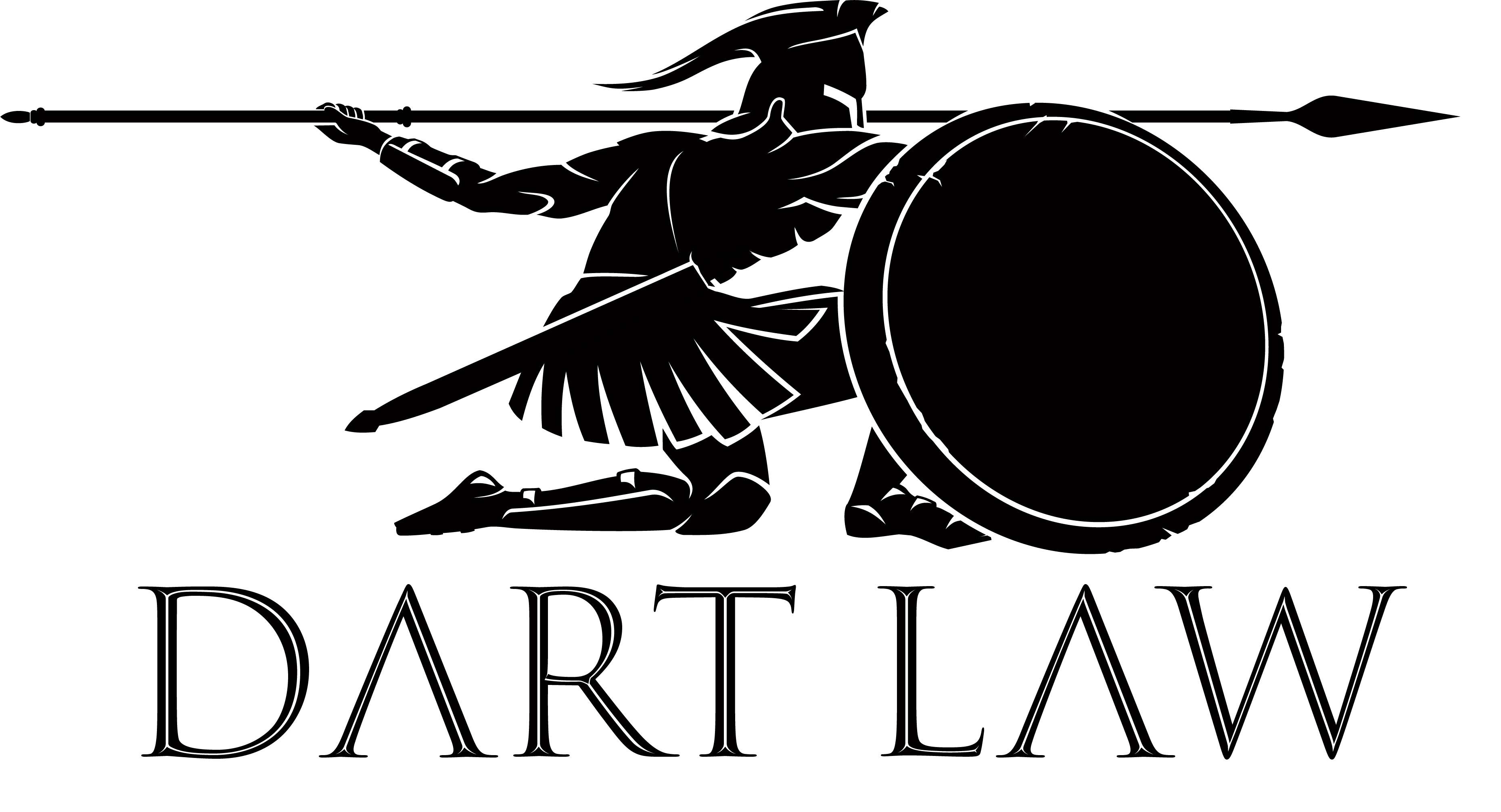Service
Mediation Services
Mediation Services
Mediation in law is a form of alternative dispute resolution (ADR) that involves a neutral third party, called a mediator, who helps the parties to a dispute negotiate a voluntary settlement. Mediation in law can be used in domestic or international contexts, and for various types of disputes, such as family, business, employment, personal injury, or contract disputes.
Mediation in law has some advantages over litigation, such as:
– It is usually faster, cheaper, and less stressful than going to court
– It gives the parties more control over the outcome and the process
– It preserves the confidentiality and privacy of the parties
– It fosters communication and cooperation between the parties
– It can improve or maintain the relationship between the parties
– It can produce creative and flexible solutions that meet the needs and interests of the parties
Mediation in law also has some limitations, such as:
– It requires the parties to be willing and able to participate and compromise
– It does not guarantee a resolution or a fair outcome
– It may not be appropriate for cases involving violence, abuse, fraud, or public interest
– It may not address the underlying causes or issues of the dispute
– It may not be enforceable unless the parties sign a written agreement
The mediation process in law can vary depending on the type of dispute, the style of the mediator, and the preferences of the parties. However, a typical mediation process in law may include some or all of the following steps:
– Planning. The parties decide when and where to meet, who will be present, and what documents to bring. They may also choose or agree on a mediator.
– Mediator’s introduction. The mediator introduces himself or herself, explains the role and rules of mediation, and obtains the consent of the parties to mediate.
– Opening statements. Each party has an opportunity to present their side of the story, their concerns, their goals, and their expectations without interruption.
– Joint discussion. The mediator facilitates a dialogue between the parties, asking questions, clarifying issues, identifying interests, and testing positions.
– Private caucuses. The mediator may meet separately with each party to explore their needs and interests, generate options, evaluate alternatives, and build trust.
– Negotiation. The mediator helps the parties to exchange offers and counteroffers, narrow down differences, and reach agreements on some or all of the issues.
– Closure. If the parties reach a settlement, the mediator helps them to draft and sign a written agreement that summarizes the terms. If the parties do not reach a settlement, the mediator helps them to assess their options and plan their next steps.
Mediation in law is a voluntary and collaborative process that can help you resolve your dispute without going to court. However, mediation in law is not suitable for every case and may not work for everyone. You should consult with a qualified lawyer before deciding whether to use mediation in law or not.

